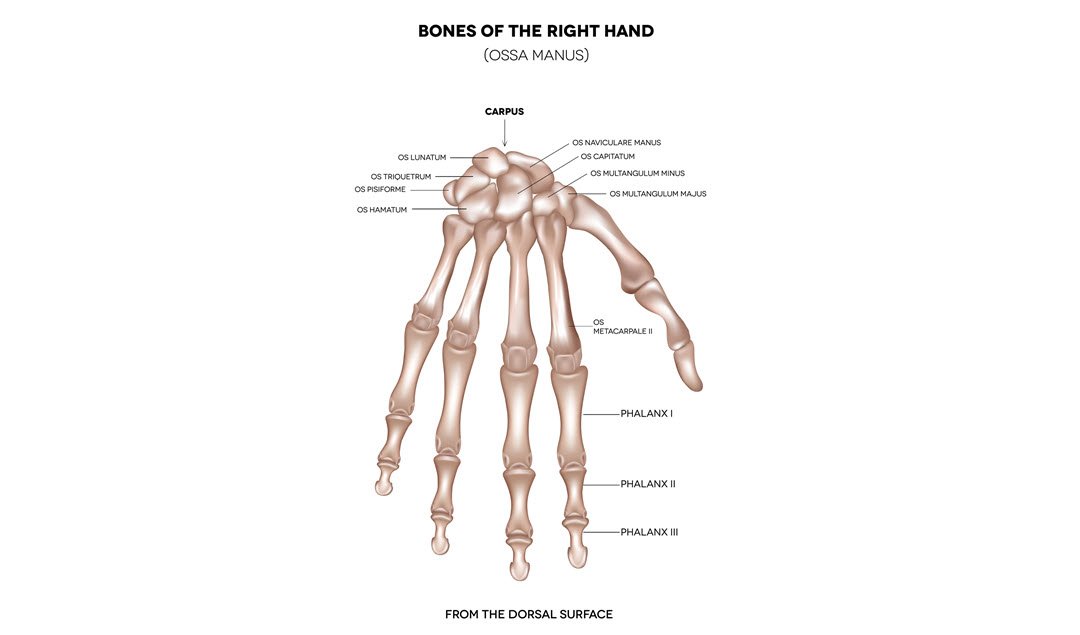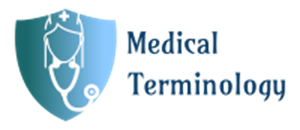What to Expect in a Medical Terminology Class
A medical terminology class is a foundational course crucial for anyone entering healthcare. A class in medical terminology gives students the essential language skills to understand and communicate effectively in a medical setting.
Here’s an overview of what one would learn in such a class.

Basics of Medical Terminology
A medical terminology course typically begins with the basics, introducing the structure of medical terms. Students learn about the three primary components of medical terms: prefixes, suffixes, and root words. The root word is the core part of the term that contains the fundamental meaning, while prefixes and suffixes modify this meaning. For instance, in the term “cardiopathy,” “cardio-” refers to the heart, and “-pathy” indicates disease, so the term means a heart disease.
Building Blocks of Medical Terms
Students are taught to deconstruct complex medical terms into their components to understand their meanings. This skill is particularly useful for deciphering unfamiliar terms. For example, the term “hyperglycemia” can be broken down into “hyper-” (excessive), “glyc-” (sugar), and “-emia” (blood condition), meaning a condition of excessive sugar in the blood.
A medical terminology class will give students the fundamental building blocks for using the language of medicine.
Anatomy and Physiology
A significant portion of a medical terminology class or course is dedicated to the terminology related to human anatomy and physiology. Students learn the names of different body parts, organs, and systems and their functions. This includes terms related to the skeletal, muscular, cardiovascular, respiratory, digestive, and nervous systems. Understanding these terms is crucial for anyone involved in patient care, medical documentation, or communication within the healthcare environment.
Pathology and Disease Terminology
Understanding disease processes and conditions is another critical aspect of medical terminology. Students learn terms related to various pathologies, such as infections, inflammations, and genetic disorders. For instance, terms like “arthritis” (inflammation of the joints) and “dermatitis” (inflammation of the skin) become familiar. This knowledge helps understand medical records, patient diagnoses, and treatment plans.
Diagnostic and Procedural Terminology
Medical terminology classes also cover terms related to diagnostic tests and medical procedures. Students learn the names and purposes of various tests, such as “MRI” (Magnetic Resonance Imaging) and “ECG” (Electrocardiogram). Procedural terminology includes terms like “biopsy” (the removal of tissue for examination) and “appendectomy” (surgical removal of the appendix). This knowledge is essential for those involved in patient care, medical billing, coding, and health information management.
Pharmacology Terms
Pharmacology terminology is another crucial component. Students learn the names of common medications, their classifications, and the conditions they treat. Understanding terms like “antibiotic,” “analgesic,” and “antihypertensive” is vital for anyone involved in prescribing, dispensing, or administering medications.
Practical Applications
Throughout the course, students engage in practical exercises that reinforce their learning. These practical exercises may include decoding complex medical terms, writing and interpreting medical reports, and simulated medical scenarios. These practical applications help students apply their knowledge in real-world healthcare settings.
Benefits of Learning Medical Terminology
A solid grasp of medical terminology is beneficial for various reasons. It enhances communication among healthcare professionals, ensuring patient care is accurately, efficiently documented, and understood. It also improves the ability to read and comprehend medical literature, stay updated with advancements in the field, and pursue further specialized training or education in healthcare.
In conclusion, a medical terminology class provides a comprehensive foundation in the language of medicine. It equips students with the skills needed to navigate the complex world of healthcare, making it an indispensable part of medical education. Whether aspiring to be a nurse, doctor, medical coder, or healthcare administrator, understanding medical terminology is a critical step towards a successful career in the healthcare industry.
If you are interested in Learning The Language of Medicine, then check out this exceptional medical terminology textbook and online medical terminology course offered by the Medical Terminology Academy. The online self-study course has fun quizzes and is free with the purchase of the textbook!
